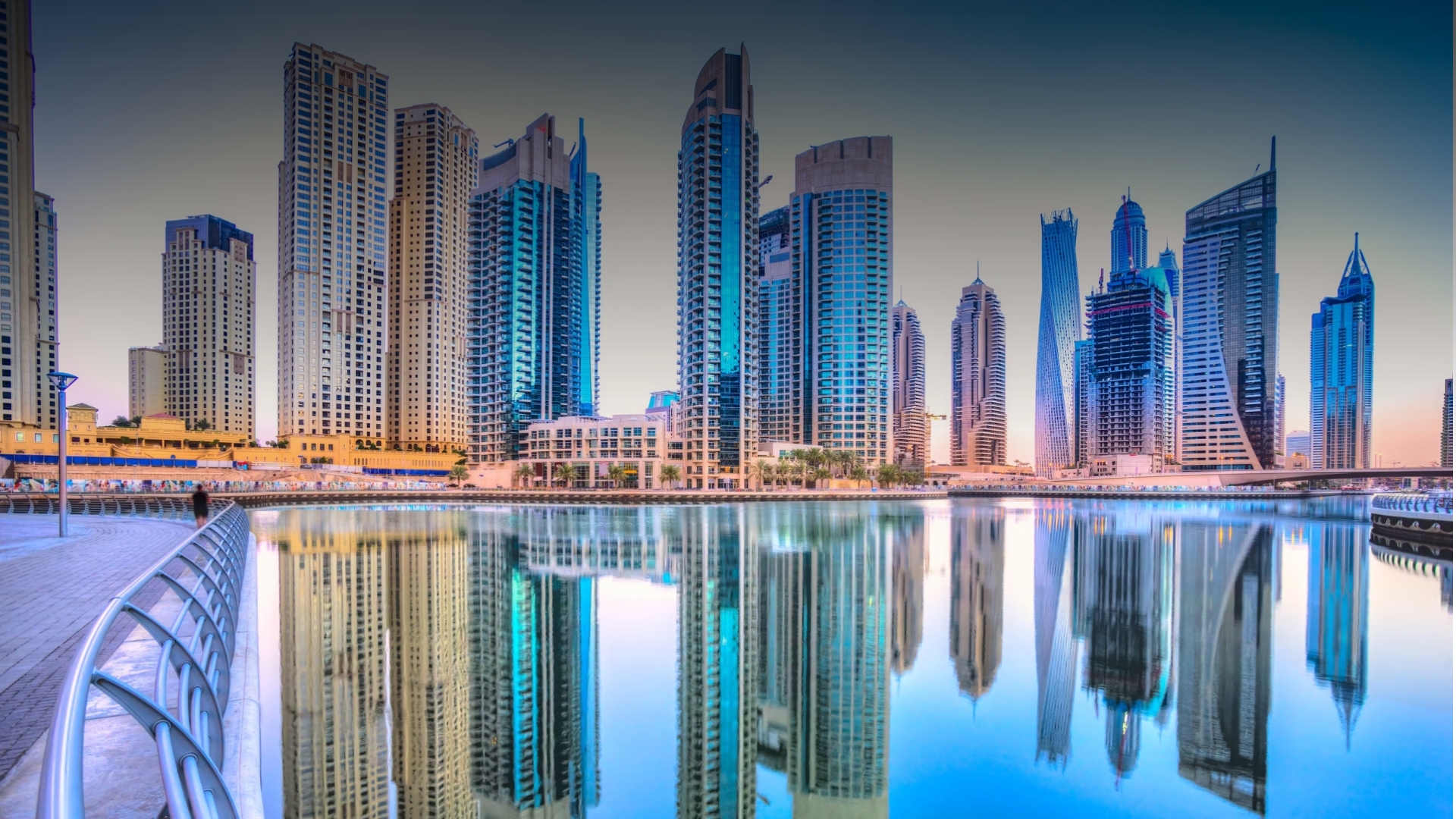
About Dubai - History & Current development
Dubai, the jewel of the Middle East, is a city that has been transformed in the last few decades from a small fishing village to a bustling metropolis. With its impressive skyline, luxurious shopping malls, and world-class attractions, Dubai has become one of the most popular tourist destinations in the world. However, the city’s development did not happen overnight. It is the result of a long and fascinating history, which has shaped the city into what it is today.
Get up to 25% Off
On Dubai Holiday Packages.
Dubai Package Now and Dive into Unforgettable Experiences!
History of Dubai
Dubai’s history can be traced back to as early as 3000 BCE when it was part of the Umm Al Nar civilization. The city was a small trading port on the Persian Gulf, and its inhabitants were primarily fishermen and pearl divers. During the 19th century, Dubai became an important trading hub, thanks to its strategic location between Asia and Europe. The city’s economy thrived on the pearl industry and the spice trade. In the early 20th century, Dubai was part of the Trucial States, a group of seven sheikhdoms in the Arabian Peninsula. The Trucial States were under British protection, and Dubai’s ruler at the time, Sheikh Saeed bin Maktoum Al Maktoum, signed a treaty with the British in 1892. This treaty ensured the protection of Dubai’s territorial integrity and established a British naval base in the city.
During the early 20th century, Dubai’s economy continued to thrive on the pearl industry and the spice trade. However, with the introduction of cultured pearls in the 1920s, the pearl industry declined, and Dubai’s economy suffered. In the 1930s, Dubai turned to trading in gold and silver, which proved to be a profitable business. Dubai also continued to attract traders from around the world, thanks to its strategic location and favorable tax laws.
In 1971, Dubai joined the newly formed United Arab Emirates (UAE), which brought about significant changes in the city’s development. Dubai became the commercial and financial hub of the UAE and was granted a greater degree of autonomy in its economic policies. The city also continued to invest heavily in infrastructure and development, building world-class airports, ports, and highways.
Dubai’s transformation into a modern city began in the 1960s when the city discovered oil. The oil boom of the 1970s brought unprecedented wealth to the city and fueled its rapid development. Dubai invested heavily in infrastructure and development, building world-class airports, ports, and highways.
Current Development In Dubai
Dubai’s current development is nothing short of impressive. The city has become a global center for business, tourism, and luxury living. Dubai has built some of the most impressive architectural marvels in the world, including the world’s tallest building, the Burj Khalifa. Dubai has become a hub for tourism, with attractions such as the Dubai Mall, the Dubai Fountain, and the Dubai Miracle Garden drawing millions of visitors every year. The city has also become a center for luxury living, with world-class hotels, spas, and restaurants catering to the most discerning travelers.
Dubai’s current development is driven by a vision to become a global leader in innovation, sustainability, and happiness. In 2013, Dubai launched the Dubai Plan 2021, which sets out a roadmap for the city’s development. The plan aims to make Dubai a city of happy, creative, and empowered people, who contribute to the city’s prosperity. Dubai’s focus on innovation and technology is evident in several projects, such as the Dubai Internet City and Dubai Silicon Oasis. These projects aim to create a knowledge-based economy and attract tech companies from around the world to set up their operations in Dubai.
In recent years, Dubai has also invested heavily in renewable energy and sustainable development. The city aims to be a leader in sustainable living and has implemented several initiatives to reduce its carbon footprint. Dubai has launched the Dubai Clean Energy Strategy 2050, which aims to make the city a global leader in renewable energy.
Dubai’s commitment to sustainability is evident in its ambitious projects, such as the Dubai Sustainable City. This project is a self-sustaining community that aims to reduce its carbon footprint by 50% and produce its own energy through solar panels.

